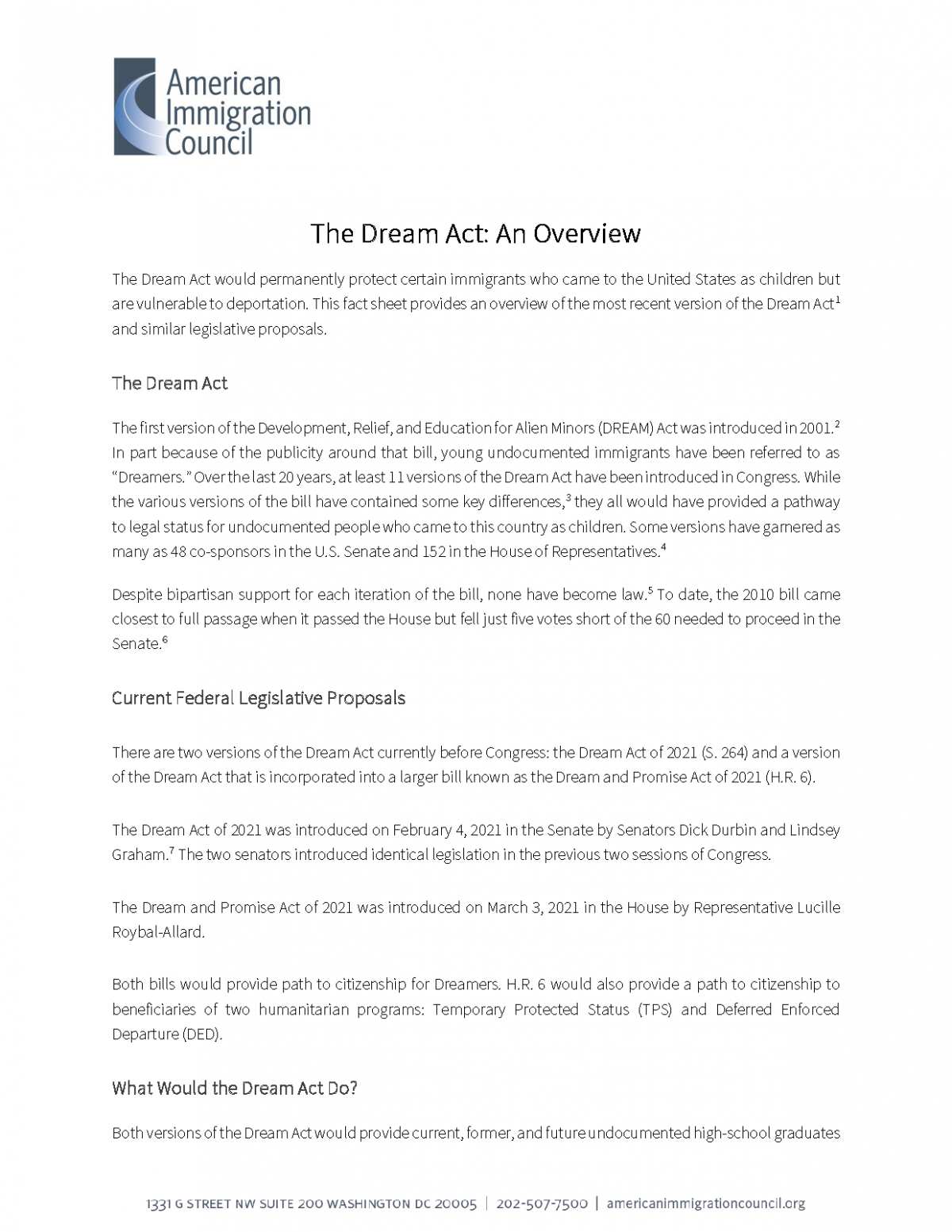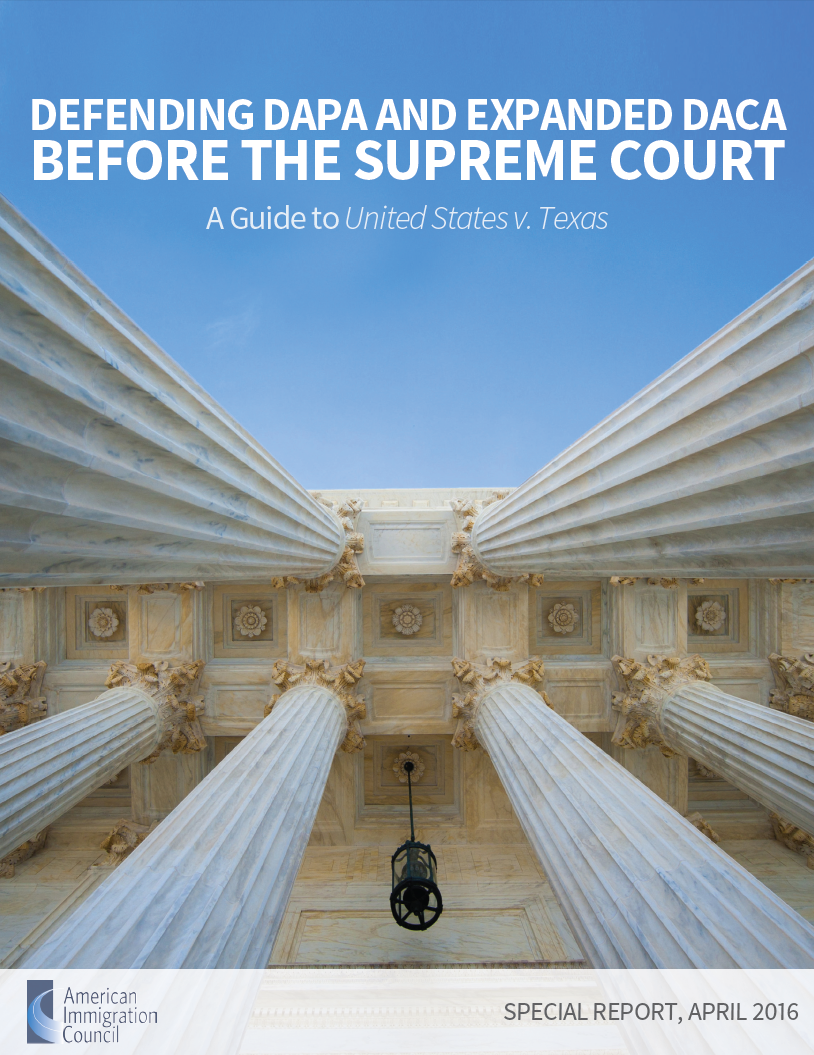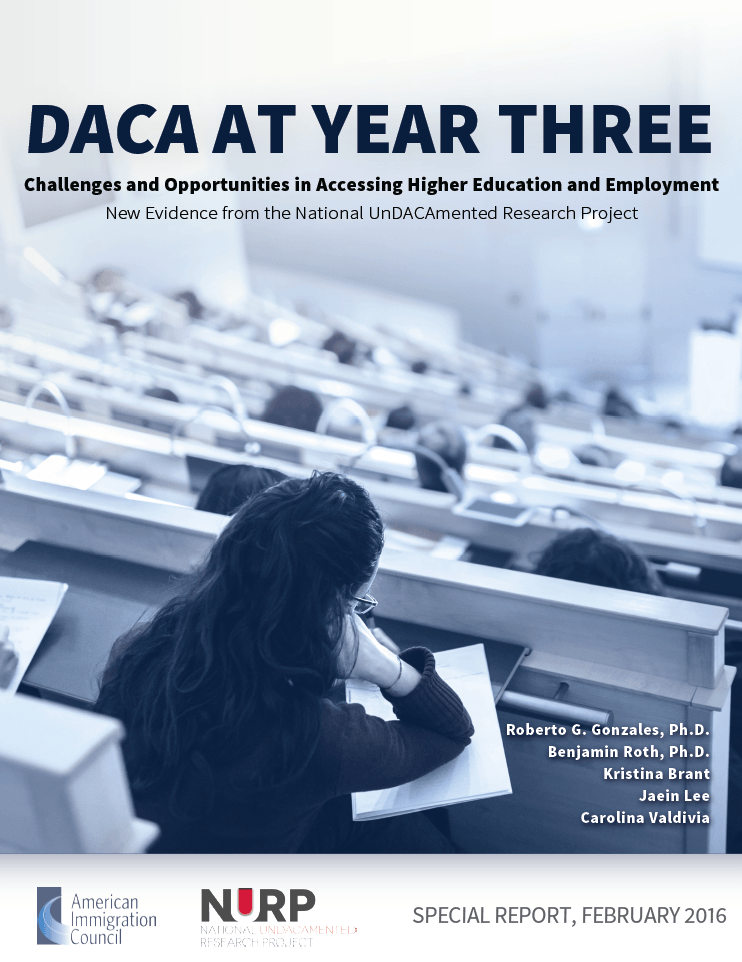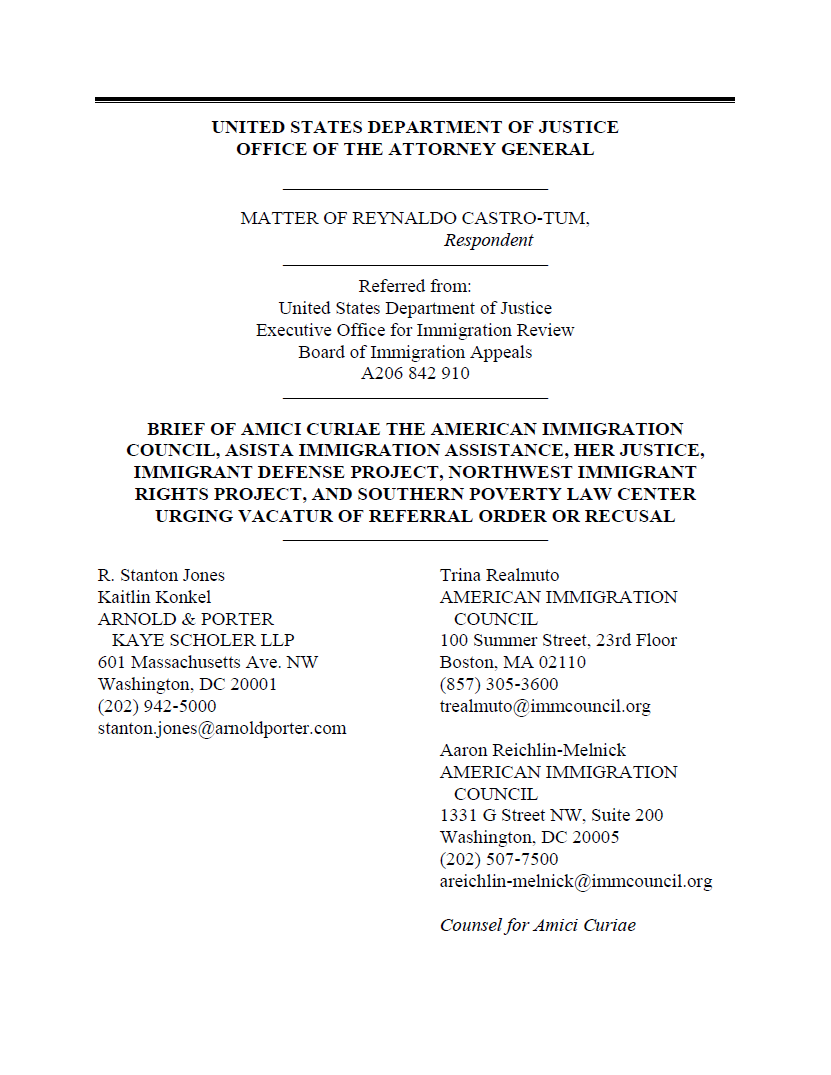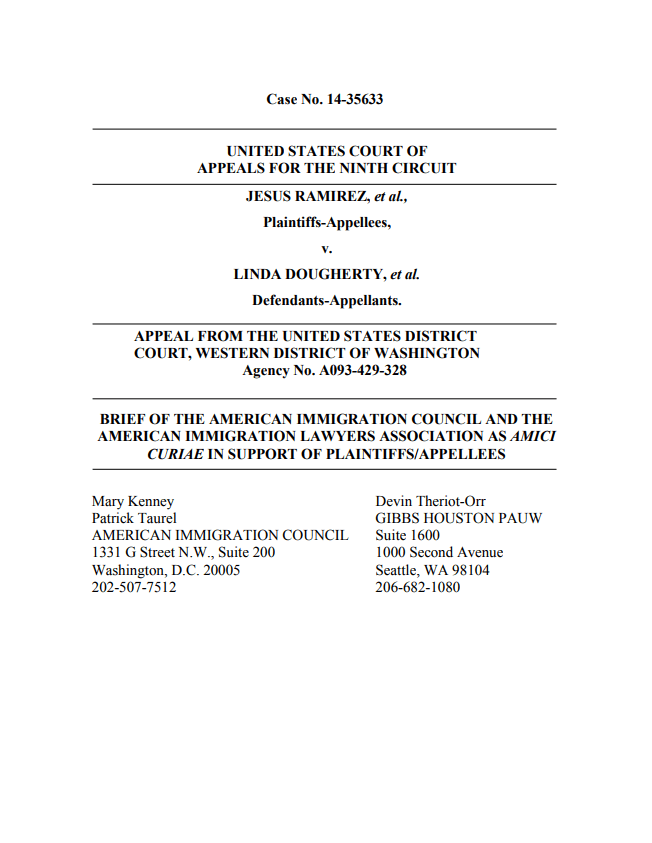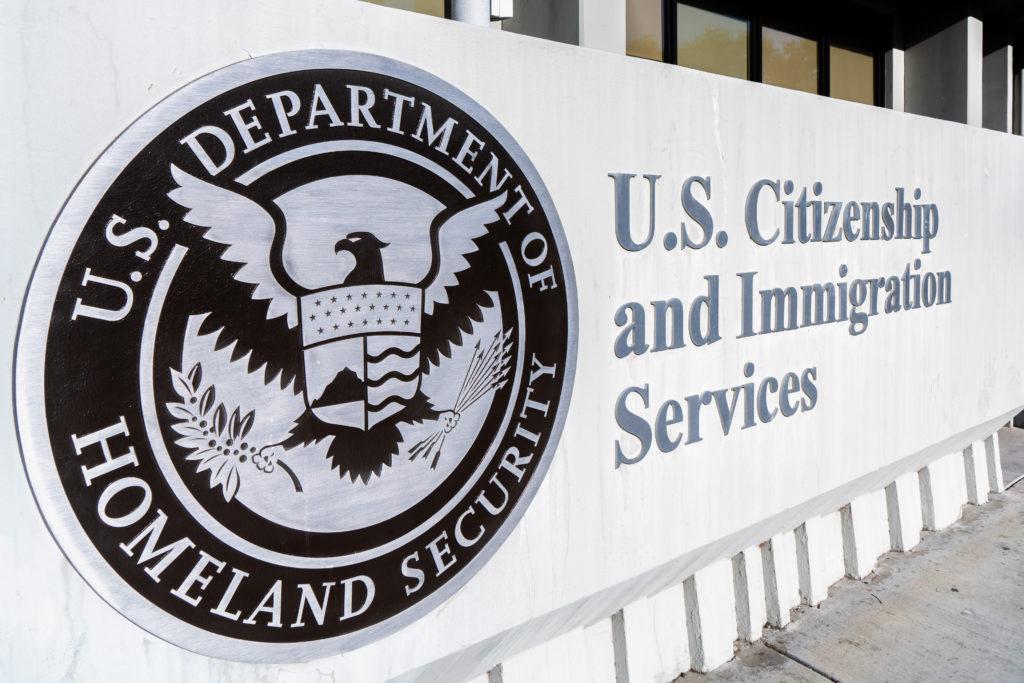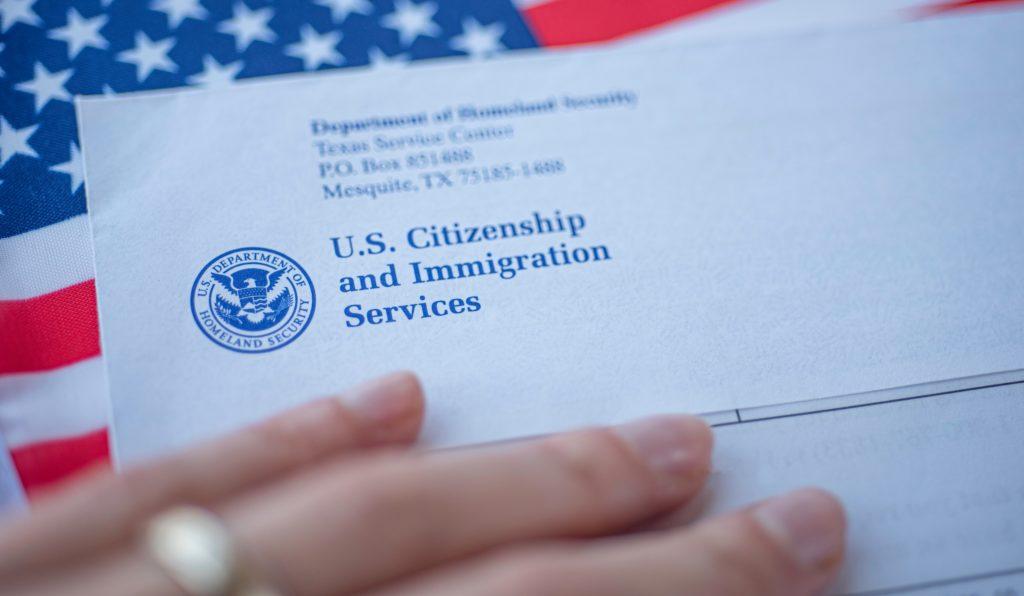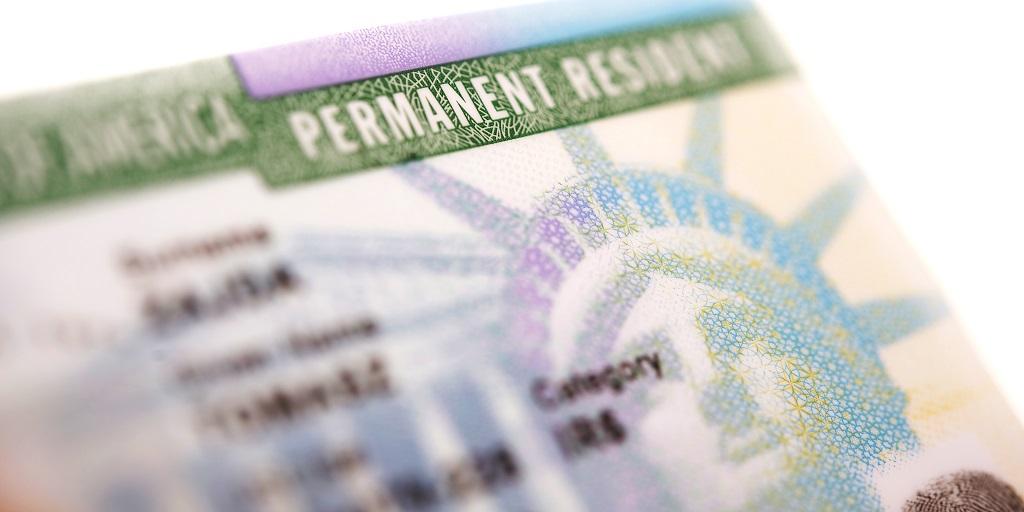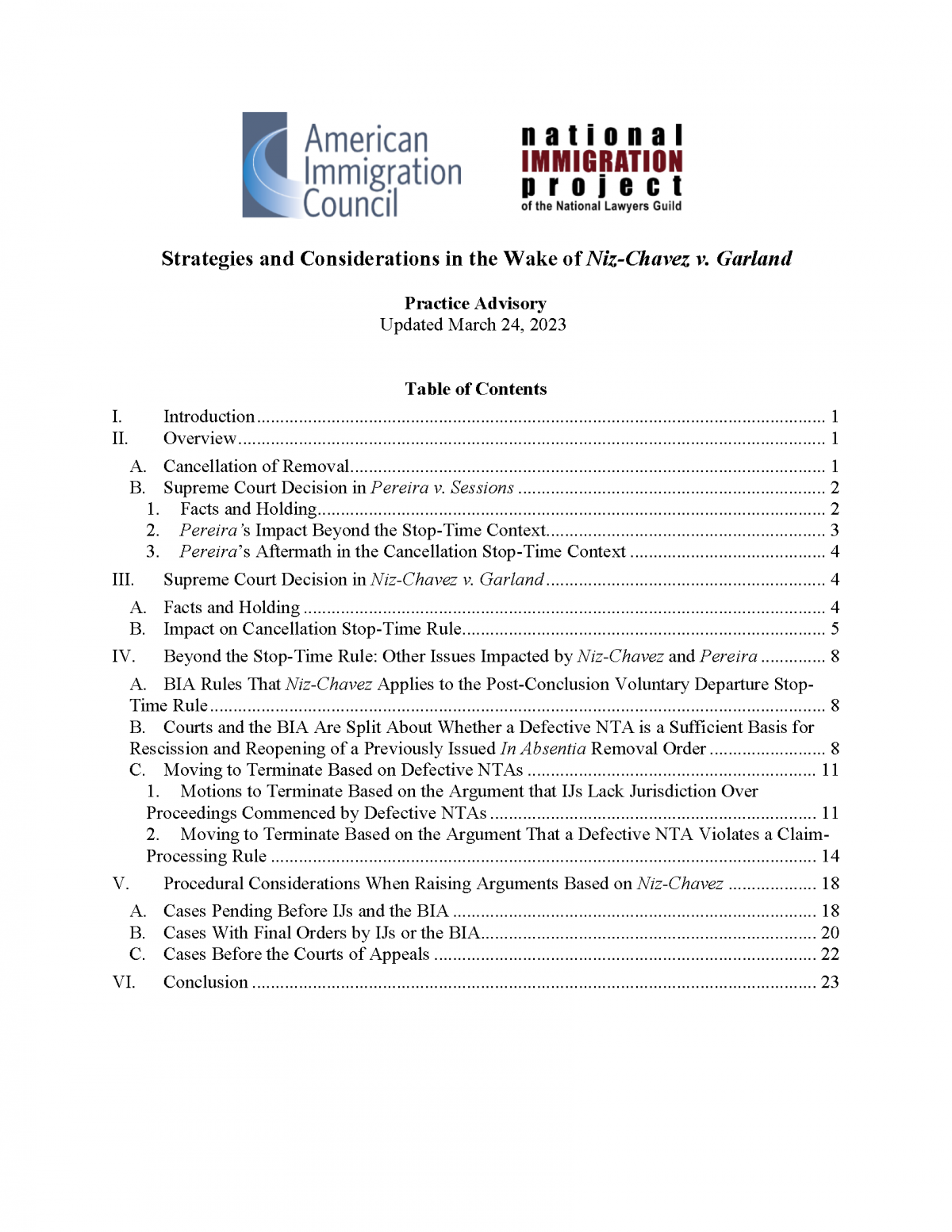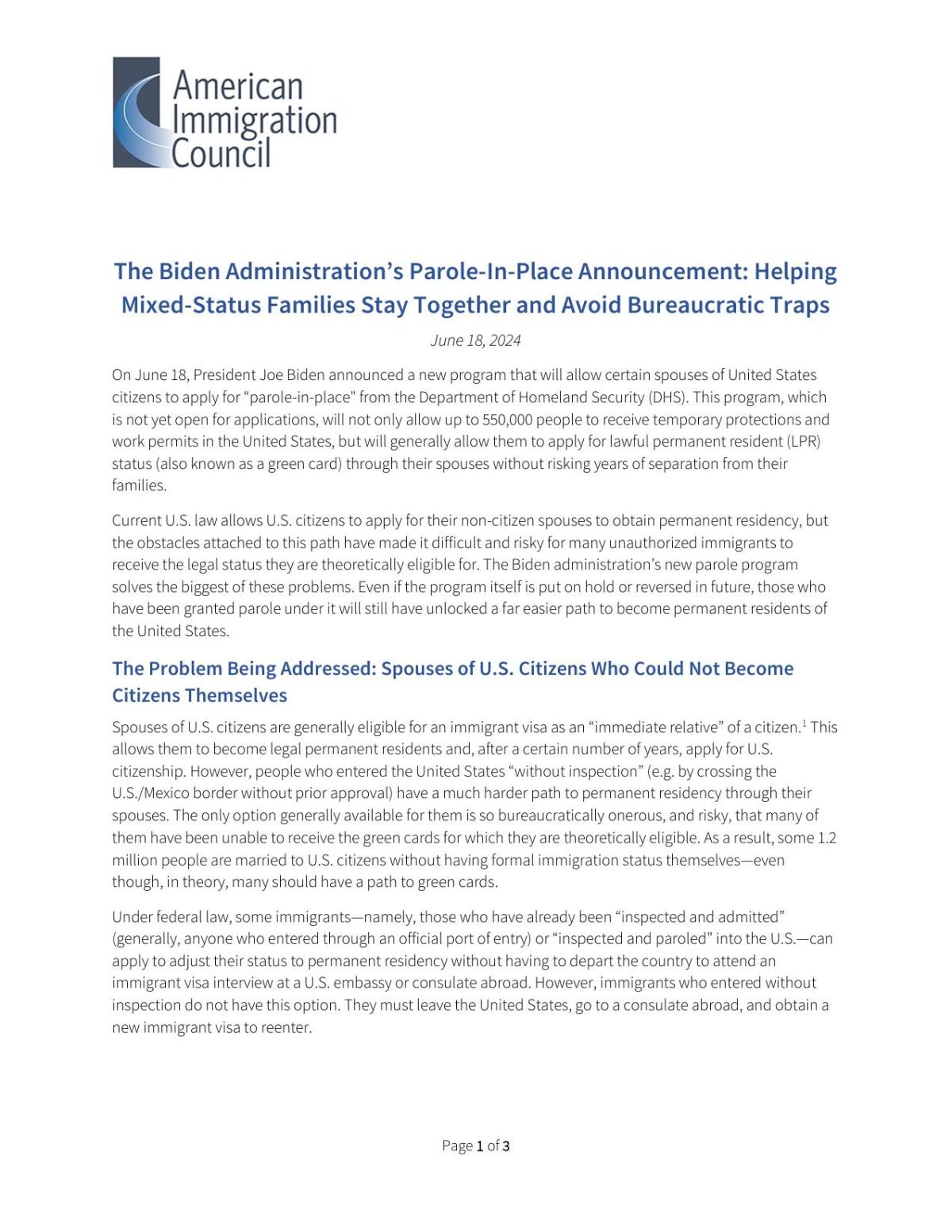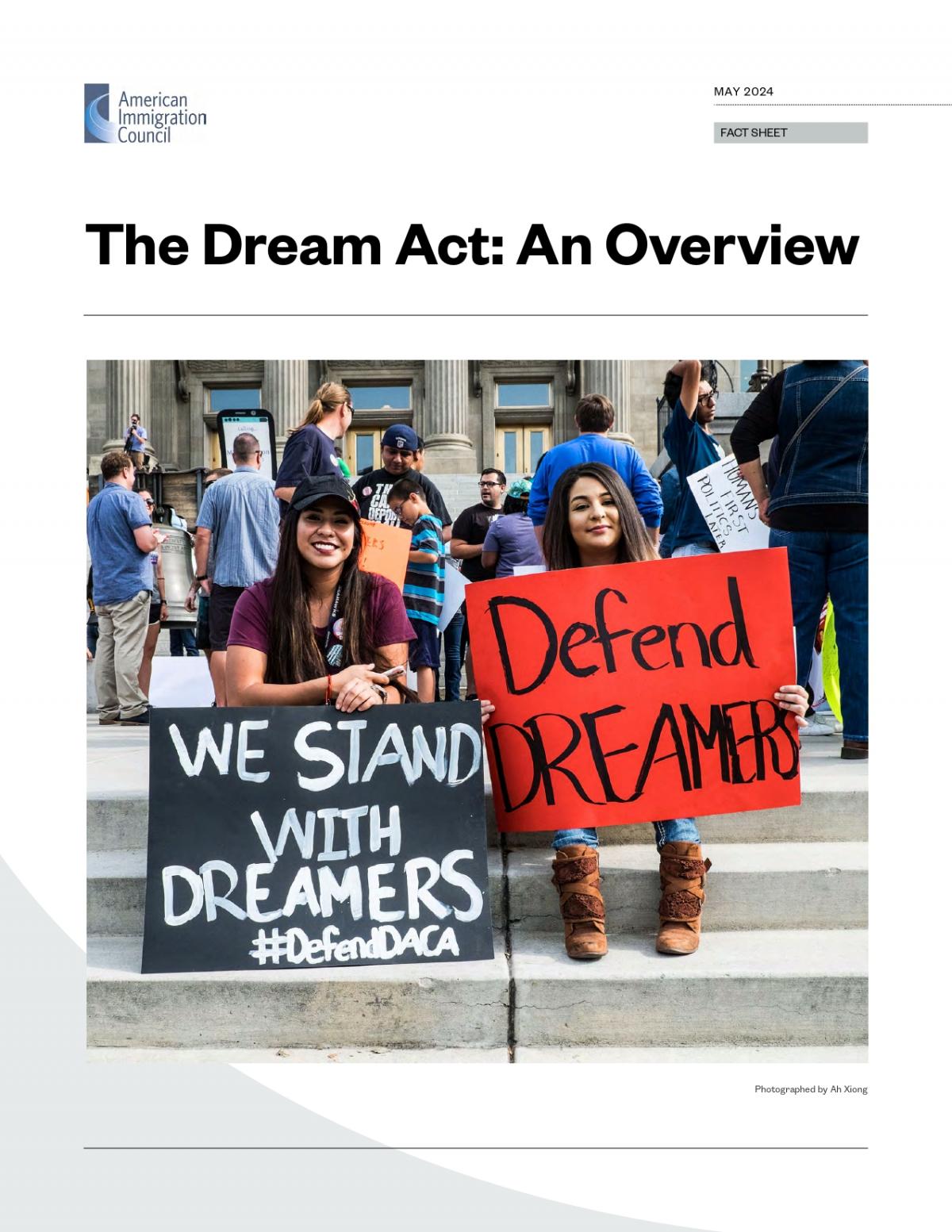The immigration laws and regulations provide some avenues to apply for lawful status from within the U.S. or to seek relief from deportation. The eligibility requirements for these benefits and relief can be stringent, and the immigration agencies often adopt overly restrictive interpretations of the requirements. Learn about advocacy and litigation that has been and can be undertaken to ensure that noncitizens have a fair chance to apply for the benefits and relief for which they are eligible.
Recent Features

The Dream Act would permanently protect certain immigrants who came to the United States as children but are vulnerable to deportation.

- Practice Advisories
This Practice Advisory discusses the impact of an interim rule repealing two former regulations which barred all “arriving aliens” from adjusting status if they are in removal proceedings.

